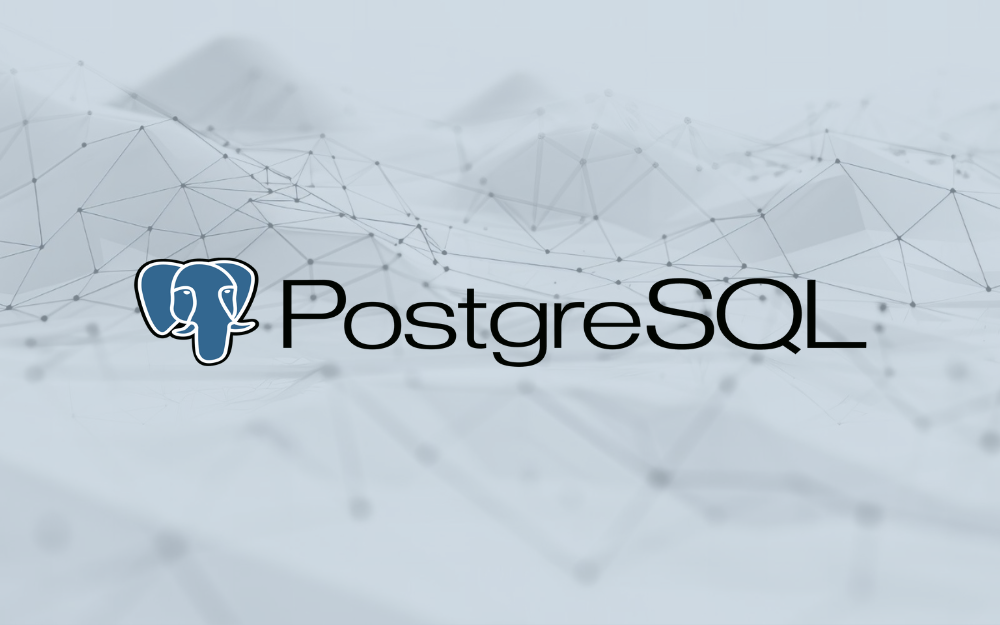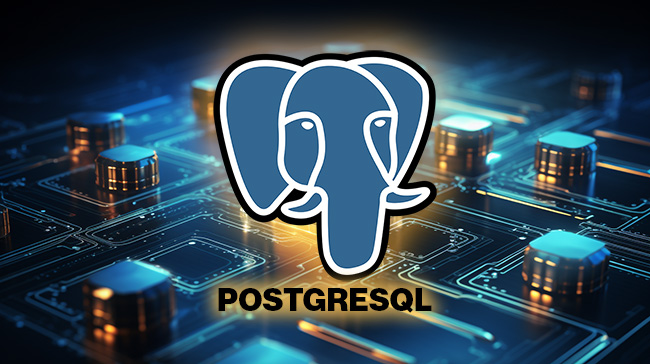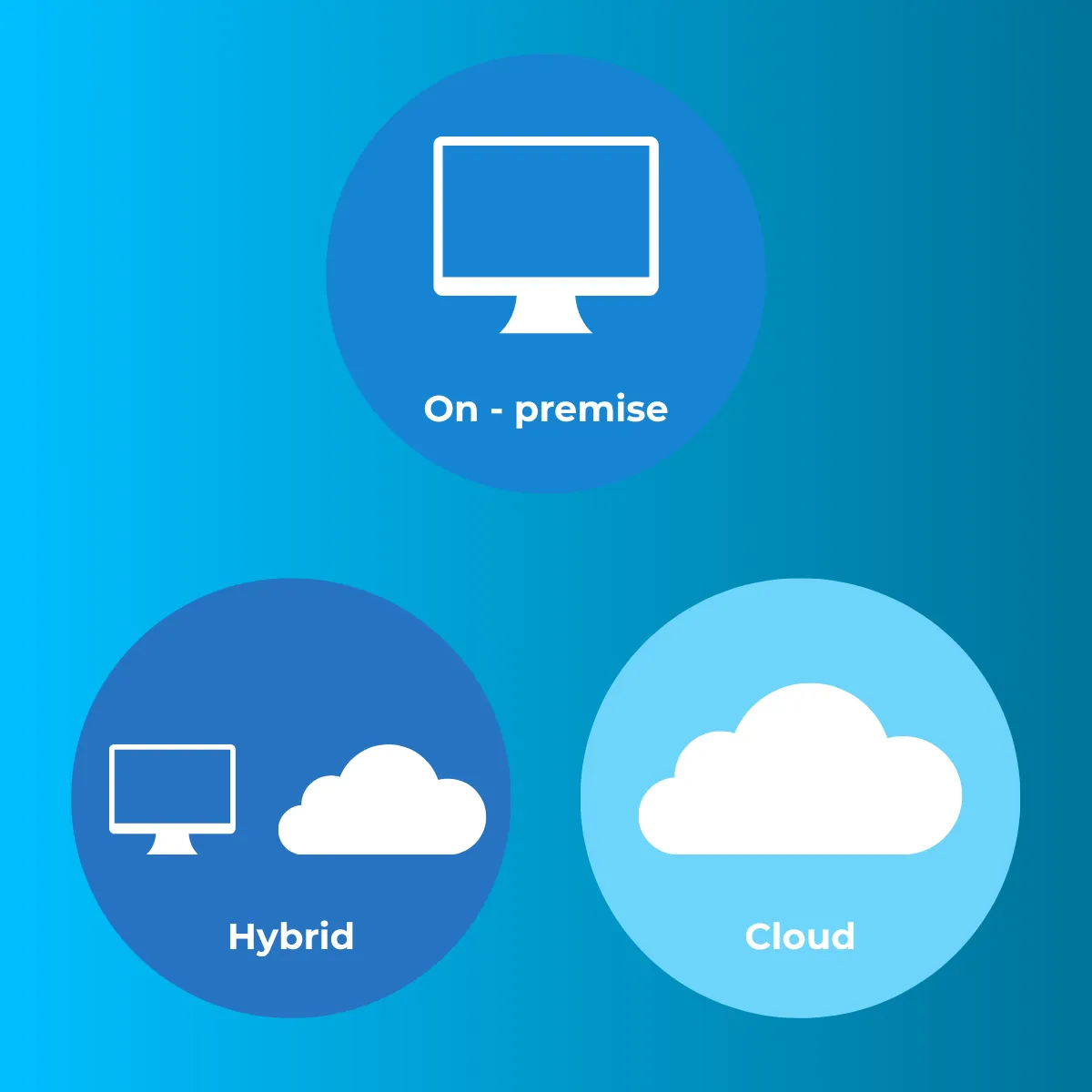What is PostgreSQL?
PostgreSQL is an advanced open-source relational database management system (RDBMS) developed by a global community of contributors. It is designed to store, organize, and retrieve structured data efficiently while supporting complex transactions and analytical workloads.
Known for its strict adherence to ACID principles and SQL standards, PostgreSQL provides enterprise-level reliability, data integrity, and security. Its extensible architecture allows users to define custom data types, build functions, and leverage procedural languages such as PL/pgSQL, Python, and JavaScript.
PostgreSQL is also recognized for its performance and scalability — offering features such as indexing, partitioning, parallel queries, and replication to support demanding business environments.
As a result, it has become one of the most popular databases for both startups and large enterprises, combining the freedom of open source with the robustness of commercial-grade systems.


